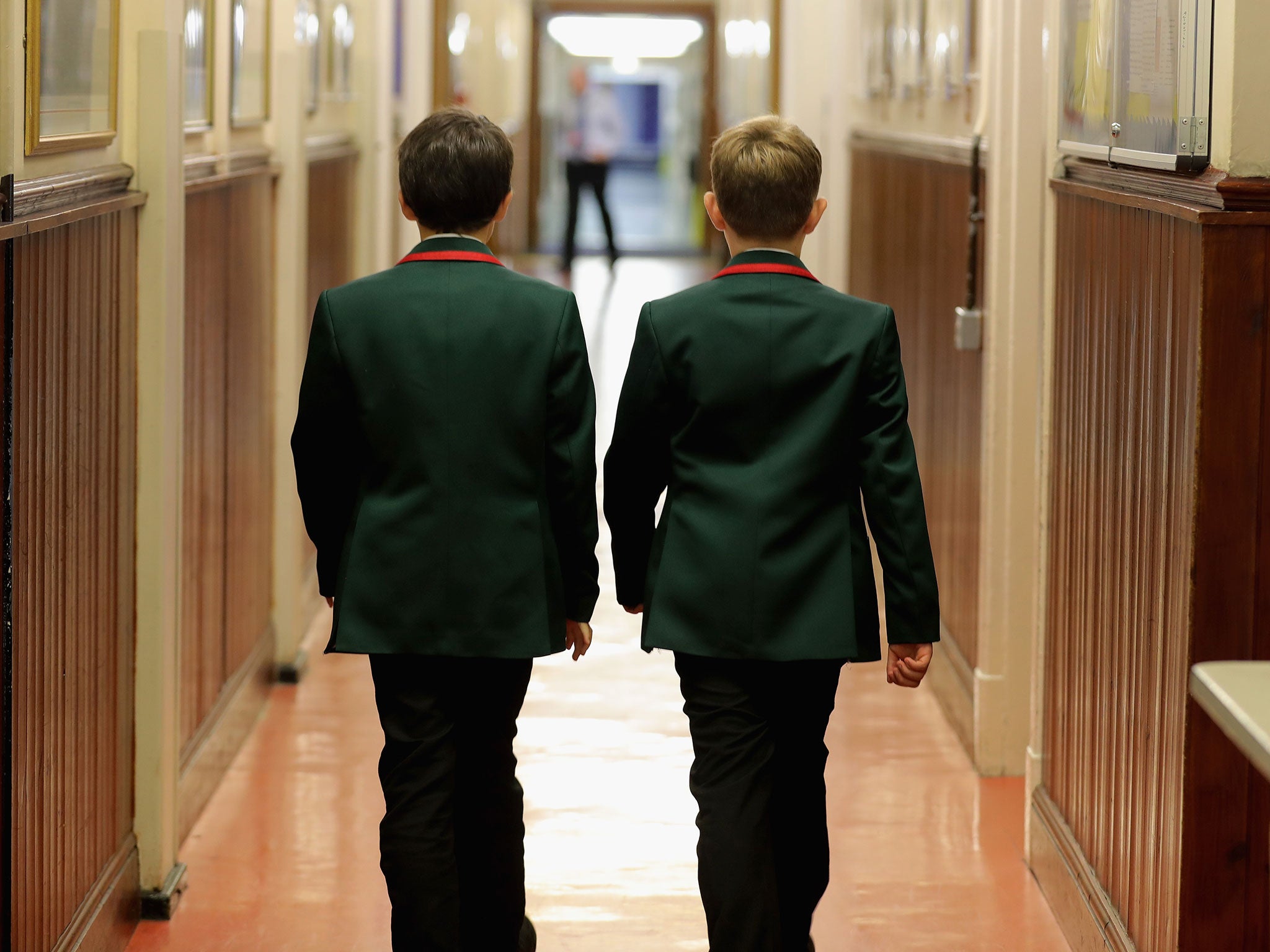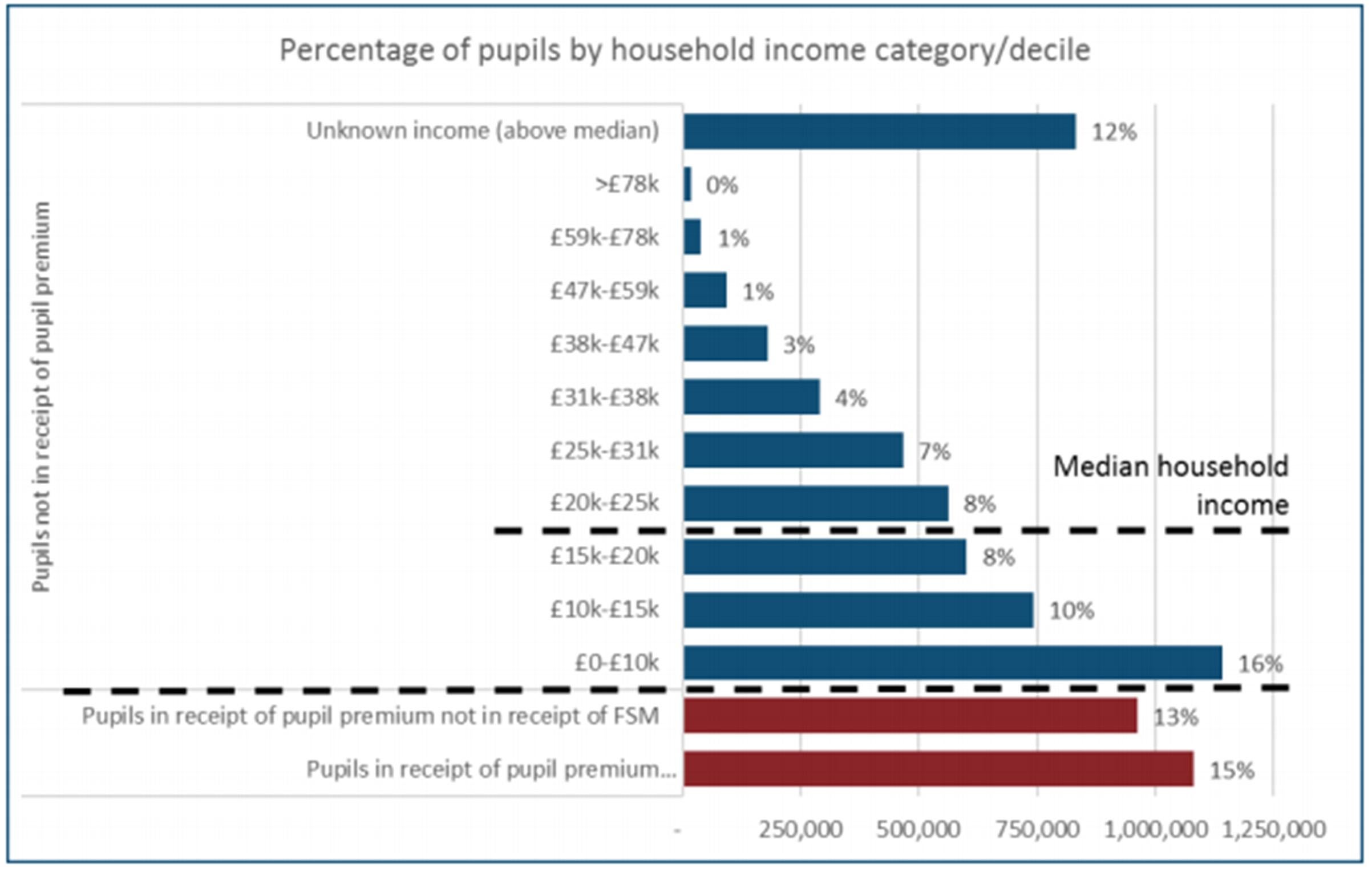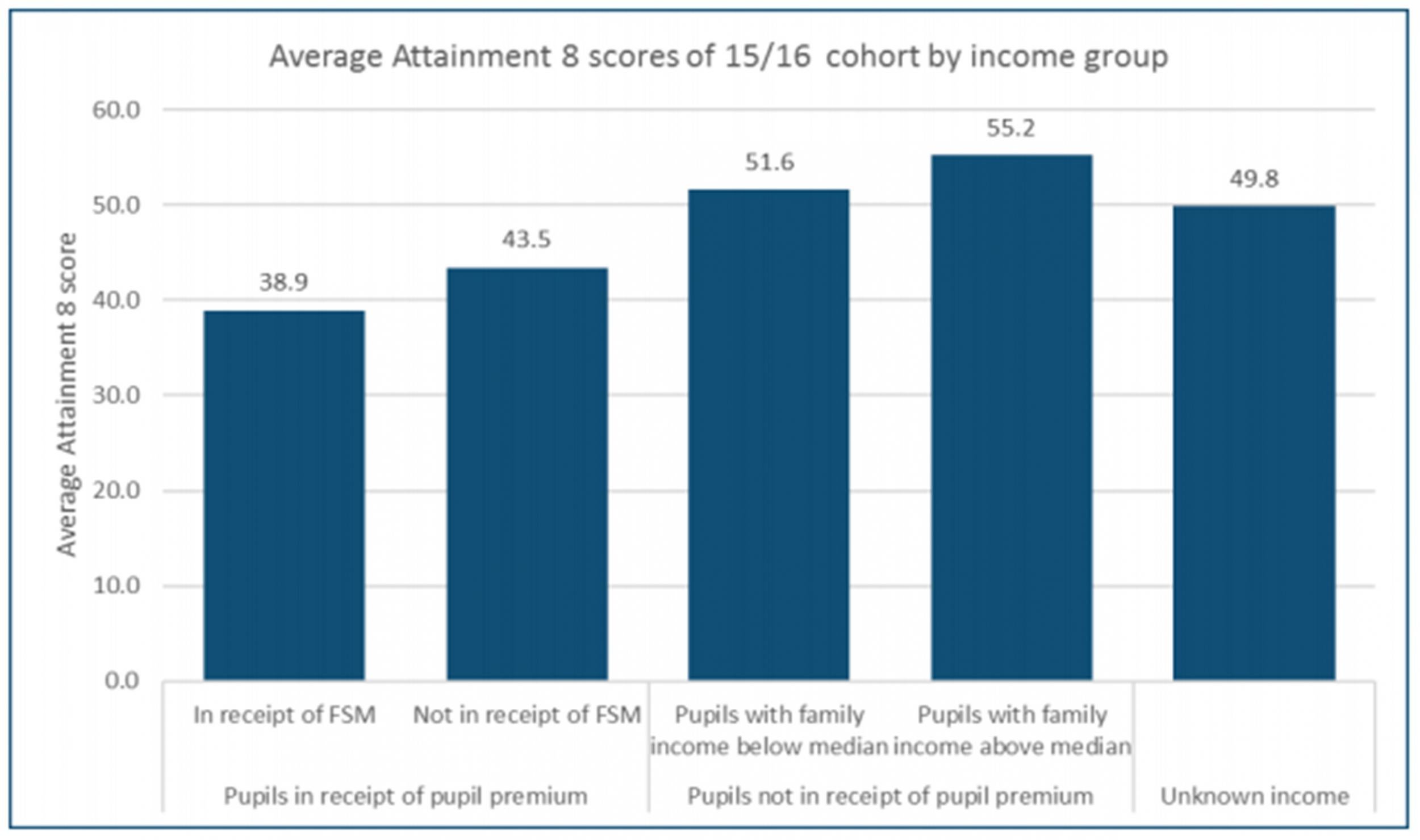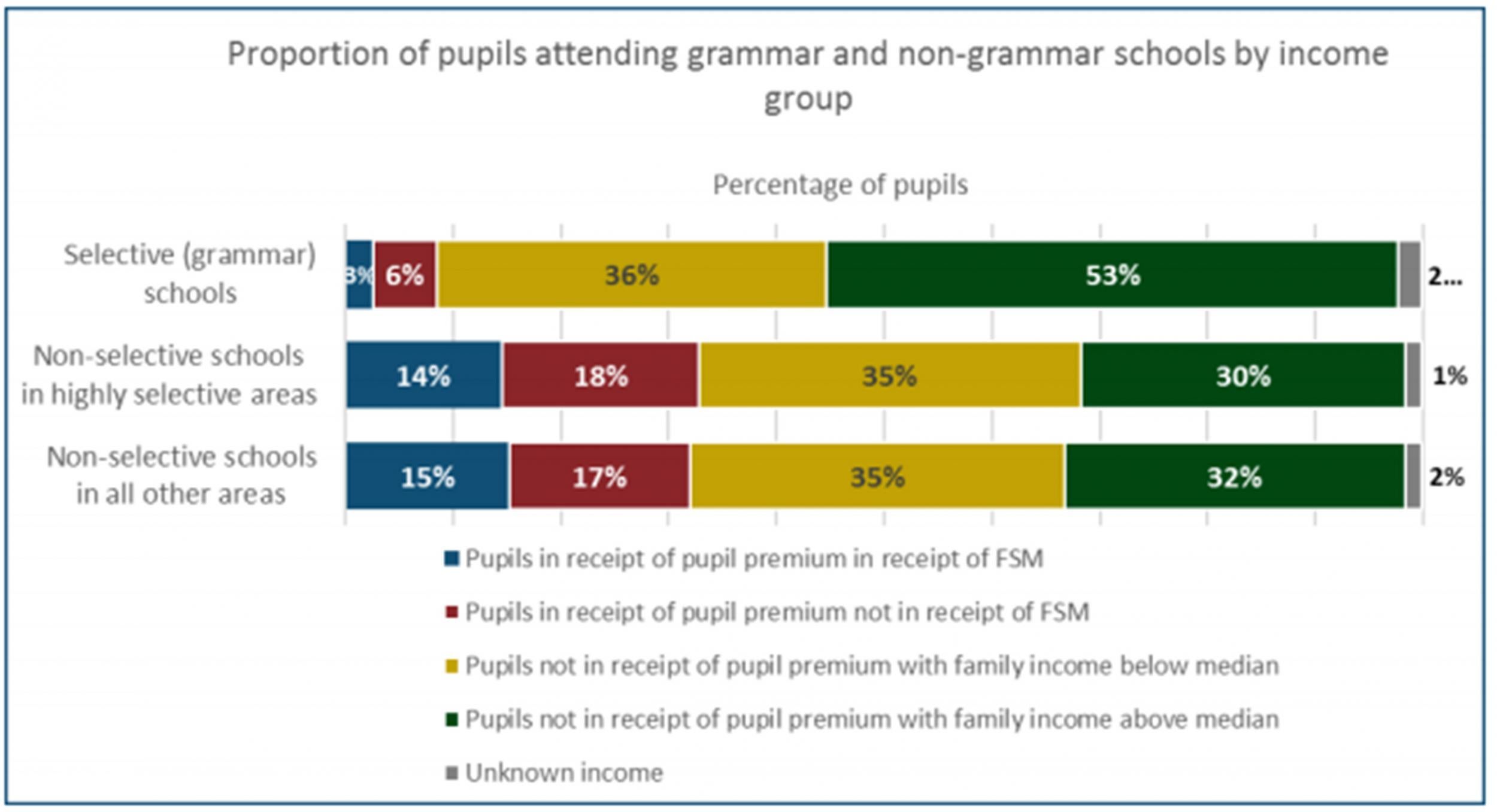Government tries to decide whether to label students from 'ordinary working families'
A new report from the Department for Education found that ‘attainment and progress increase as families’ incomes increase’

Your support helps us to tell the story
From reproductive rights to climate change to Big Tech, The Independent is on the ground when the story is developing. Whether it's investigating the financials of Elon Musk's pro-Trump PAC or producing our latest documentary, 'The A Word', which shines a light on the American women fighting for reproductive rights, we know how important it is to parse out the facts from the messaging.
At such a critical moment in US history, we need reporters on the ground. Your donation allows us to keep sending journalists to speak to both sides of the story.
The Independent is trusted by Americans across the entire political spectrum. And unlike many other quality news outlets, we choose not to lock Americans out of our reporting and analysis with paywalls. We believe quality journalism should be available to everyone, paid for by those who can afford it.
Your support makes all the difference.The Department for Education (DfE) has set out plans for measuring the education needs of students from “ordinary working families” – which it says makes up a third of all children.
The DfE published a consultation paper earlier this week which aims to find ways to provide “a clearer analysis of educational outcomes for ordinary working families”.
It comes in the wake of Prime Minister Theresa May’s repeated calls for the UK to address social mobility and help those who are “just about managing”.
While the paper says “there is no official definition of an ordinary working family”, it describes students fitting into the category as those who are not entitled to pupil premium, but who come from families earning “modest” or below median incomes.
The new plan “aims to deliver the right deal for Britain abroad and a better deal for ordinary working people at home”, the DfE says in its consultation paper.

“Currently, analysis of education data focuses on the educational experience of children captured within the Department’s measure of disadvantage”, the paper says.
“This means we have very limited understanding of the experiences of children in families with modest incomes compared to the experiences of children in the wealthiest 10 per cent of families.”
It adds: “By knowing more about the experience of these families in the education system, we can ensure we have the necessary insight to better inform policy making for ordinary working families – just as we do for disadvantaged children and children with special education needs.”
The DfE’s analysis found that “attainment and progress increase as families’ incomes increase”.
However, the report said “the largest gaps are between those DfE already supports through pupil premium funding and free school meals and those above this criteria".

“Those from families with below median incomes have worse outcomes than those families above the median threshold, but are substantially closer to their performance than those already regarded as disadantaged.”
The DfE’s report also found a striking disparity in the backgrounds of students attending grammar schools, with less than a tenth of pupils in selective grammar schools coming from disadvantaged backgrounds and more than half coming from the most affluent group.
“For grammar schools, the key differences are again amongst disadvantaged children and those from families with above median incomes,” the DfE report reads.

“The percentage of children at selective schools from below median income families, who are not considered disadvantaged (36 per cent), is almost the same as the percentage for non-selective schools (35 per cent),” it points out.
It comes as Theresa May continues to champion her plan to extend grammar schools in Britain, despite criticisms that the schools are outdated and ignore the poorest pupils.
Education Secretary Justine Greening was put on the defensive on Thursday, after failing to name a single respected educational expert or institution that supports extending grammar schools, as she prepared to launch a consultation on the policy.
Ms Greening said the Government’s plan for “new model of grammar schools” would be “truly open to all”, with a focus on ensuring access for pupils from ordinary working families.
The DfE has asked for the public’s views on its analysis of ordinary working families – as well as on how it should refer to them in DfE publications.
The consultation is open until 30 June 2017 and can be found on the DfE’s website.
Join our commenting forum
Join thought-provoking conversations, follow other Independent readers and see their replies
Comments